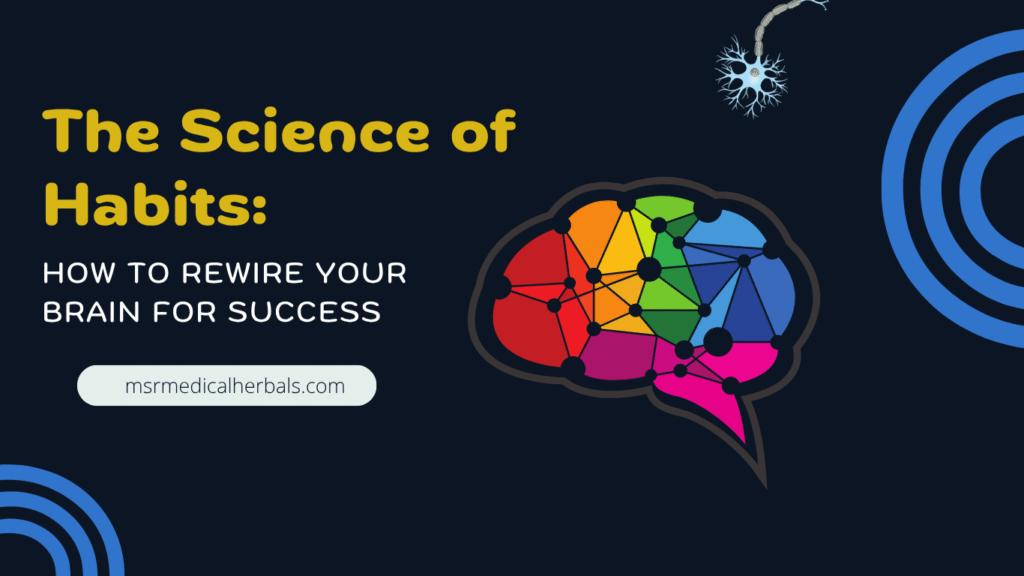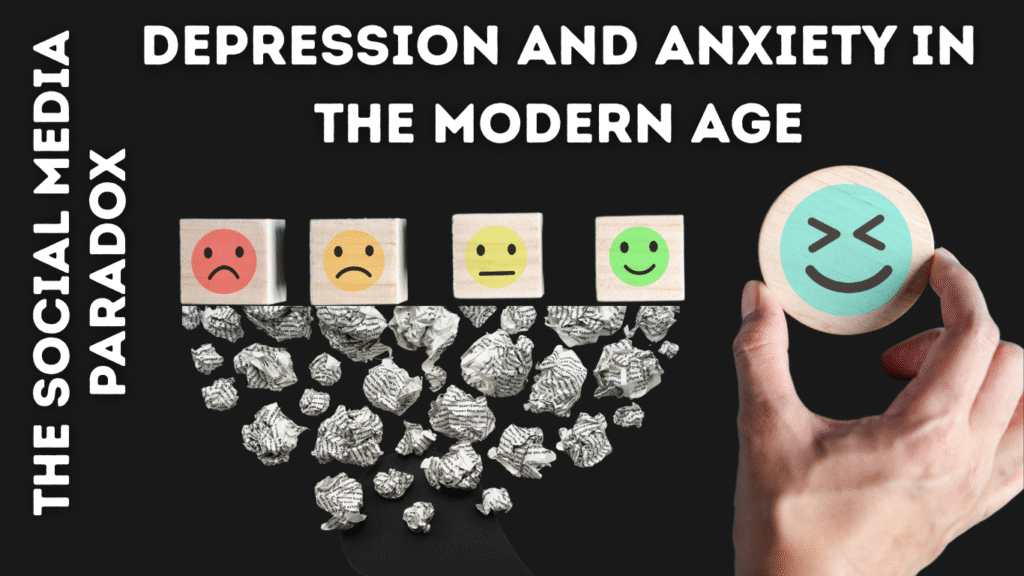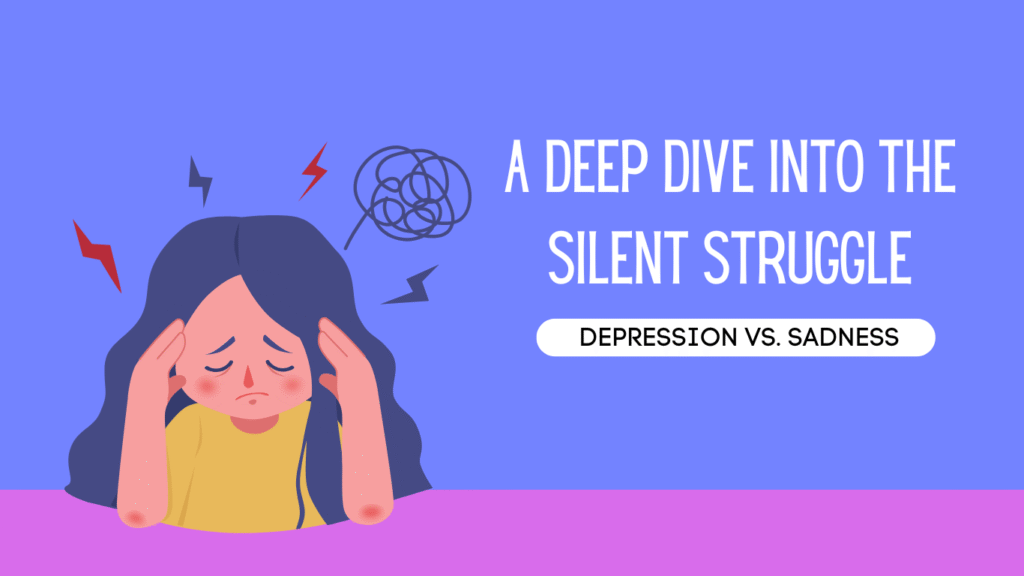Introduction
Habits shape our destiny — for better or worse. Whether it’s hitting the gym or scrolling through your phone until 2 AM, your daily routines are wired into your brain. But thanks to brain plasticity and neuroplasticity, we’re not stuck. The science of habits shows how we can intentionally rewire our minds for success, happiness, and well-being.
What Is the Science of Habits?
The science of habits studies how actions become automatic. It reveals how habits are formed in our neural circuitry and how we can change them with purpose and persistence.
What Is the Meaning of Habit in Science?
In psychology, a habit is a behavior triggered by consistent context or cue, performed with little conscious thought. It’s the learned behavior our brain repeats without debate.
The Science of Habit Formation
Researchers propose a habit loop: cue → routine → reward. When this loop repeats, neural pathways strengthen — meaning you don’t think about it anymore, you just do it.
The Science of Habit Change
Changing habits involves disrupting that loop — adjusting one component (cue, routine, or reward) and replacing it with a healthier behavior. This is the science of habit change in action.
Science Habits of Mind
Science habits of mind refers to mental strategies like reflection, questioning, and resilience — the mental “habits” of effective thinkers. These, too, can be cultivated deliberately.
Brain Plasticity and Neuroplasticity Explained
Neuroplasticity is the brain’s extraordinary ability to reorganize itself by forming new neural connections. Brain plasticity and neuroplasticity enable us to learn, heal, and evolve — the biological engine behind behavior change.
Rewiring the Brain: What It Takes
Rewiring the brain is possible through repetition, focus, and time. Whether you want to lose an unwanted routine or build a life-changing habit, you’re literally remolding your grey matter. Each new behavior strengthens synaptic pathways — shifting your default.
How to Rewire Your Brain
Start small: Tiny habits—like 5 minutes of reading—spark rewiring.
Pair cues with routines: For instance, after brushing your teeth (cue), meditate (routine).
Track progress and reward consistency: This reinforces the loop.
Stay patient: Rewiring takes consistent effort.
How Long Does It Take to Rewire Your Brain?
Research shows it can take anywhere from weeks to months to form or break a habit. While popular belief says “21 days,” the science of habit formation suggests it’s closer to 66 days on average — and for big changes, it could be longer.
Breaking the Death Habit, the Science of Everlasting Life
“Breaking the death habit” symbolizes replacing destructive routines with life-affirming actions. This is an optimistic take on the science of everlasting life—we can change destiny through tiny daily choices.
How to Rewire Your Brain from Addiction
Addiction rewires the reward circuitry. To rewire your brain from addiction, you must weaken old circuits and create stronger, healthier ones through therapy, accountability, and new rewarding habits.
How Long to Rewire Brain from Addiction
Rehab timelines vary by severity, but neurological studies suggest it can take months to years to fully rewire addictive pathways. This requires consistent support and practice.
Rewire Your Anxious Brain
You can also rewire your anxious brain. Using techniques like mindfulness, CBT, and exposure, you strengthen healthier neural pathways while weakening fear-based circuits. Over time, your anxious reactions become less automatic.
Practical Steps to Rewire Your Brain for Success
Identify a Keystone Habit: Choose one behavior that triggers positive change.
Use Implementation Intentions: “If X happens, I will do Y.”
Leverage Environment: Make positive habits easy and negative ones hard.
Practice Mindfulness: Catch old patterns before they run.
Repeat, Reflect, Adapt: Consistency over perfection.
Conclusion
The science of habits offers hope: your brain is malleable, not fixed. By understanding habit formation, leveraging neuroplasticity, and being consistent with small actions, you can rewire your brain for lasting success, emotional health, and freedom from bad patterns.
FAQs
1. How long to rewire brain from addiction?
It varies, but typically takes months to years, depending on support and effort.
2. What is the meaning of habit in science?
It’s a learned behavior that becomes automatic through repetition and reward.
3. How to rewire your brain from addiction?
Use therapy, new routines, support groups, and patience to override old neural pathways.
4. How long does it take to rewire your brain?
On average, forming or breaking a habit takes about 66 days, though life changes may take longer.
5. What is neuroplasticity?
It’s the brain’s ability to adapt and create new neural connections — the foundation for all change.



